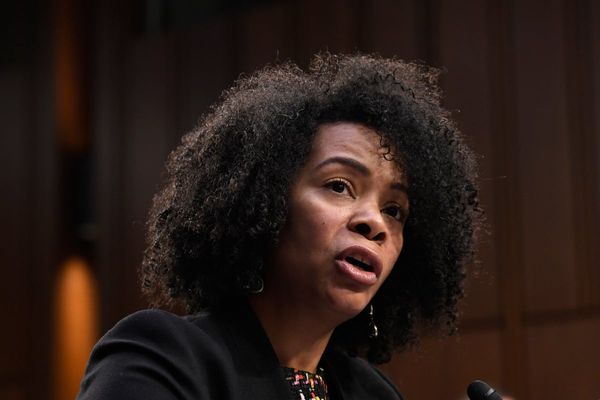
Surge in Anti-Semitism on Chinese Social Media Sparks Concerns
Since the deadly October 7th Hamas attack on Israel, an alarming surge in anti-Semitism has been witnessed on Chinese social media platforms. The Internet in China is known for its heavy censorship, where posts critical of President Xi Jinping and the Communist Party are swiftly removed. However, experts have noticed that doctored photos featuring Israeli flags combined with swastikas have been allowed to remain.
This rise in anti-Semitic content is deeply troubling, especially considering China's historical relationship with the Jewish community. For centuries, China has been a steadfast friend of the Jews. However, recent events have marked a concerning shift in public sentiment.
Hateful content directed towards Israel's military response in Gaza has flooded social media platforms since the Hamas terror attacks. Astonishingly, a significant number of these posts have remained uncensored by China's usually heavy-handed online censors. Chinese bloggers responsible for spreading such hate seem to have free reign, while Westerners hosting on China's highly censored TikTok platform must exercise extreme caution.
Some Chinese netizens have even gone so far as to combine the Israeli flag with Nazi symbols, a degrading act condemned by the German embassy in China. The Shanghai Jewish Refugees Museum, a symbol of Chinese-Jewish history, has also faced a deluge of social media comments demanding its demolition. Additionally, some state media outlets have accused Israel of committing war crimes.
This surge in anti-Semitic sentiment has raised concerns, with experts speculating that China may be exploiting this hateful content to harm the United States, Israel's biggest supporter. By facilitating anti-Jewish sentiment, China's foreign policy agenda may be aimed at portraying the US as an enemy trying to undermine China.
Chinese Foreign Minister Wang Yi's recent statements defending the legitimate rights and interests of Arab and Muslim countries suggest a deliberate diplomatic strategy aimed at shaping public opinion on the Israel-Hamas conflict within China.
The relative lack of censorship around this anti-Semitic content has raised questions about the potential tacit approval by the Chinese government. It is noteworthy that Chinese social media platforms are tightly controlled, with even marginally sensitive material facing censorship. The apparent selectivity in censoring content raises concerns among the Jewish community in China, as they confront this new reality.
As the Israel-Hamas conflict continues to escalate, the rise in anti-Semitism on Chinese social media serves as a stark reminder of the global impact of online hate speech. It highlights the urgent need for both individuals and governments to combat this dangerous trend and promote tolerance and understanding.







